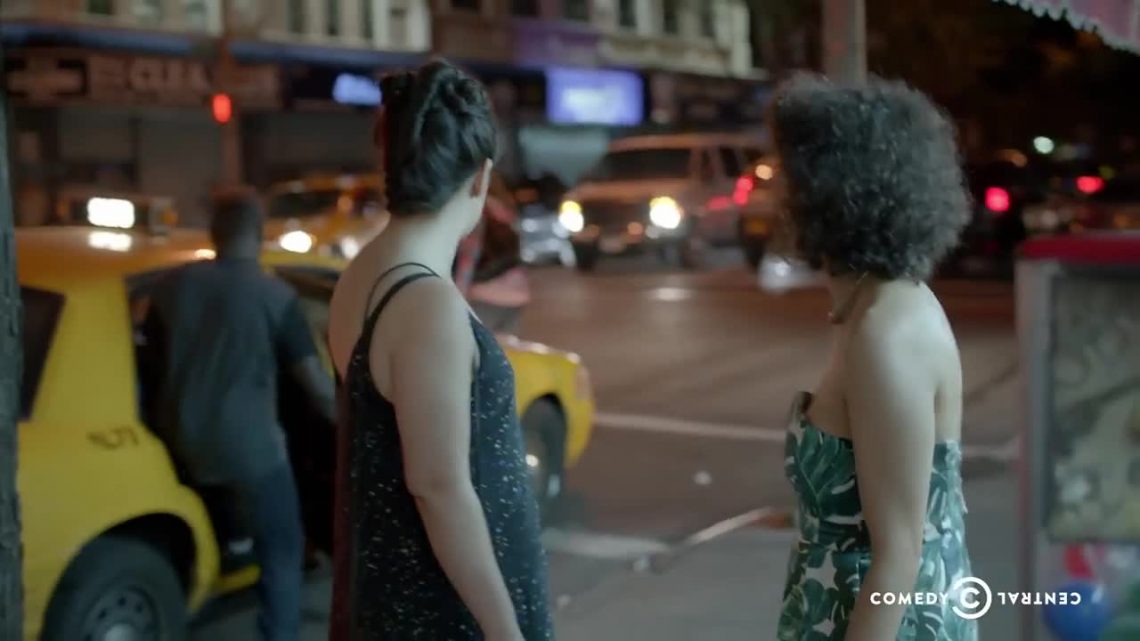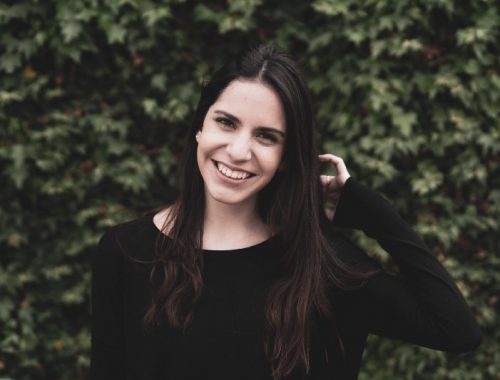
Making the Switch to the Irish Goodbye
(This is part of my goal of trying to publish writing daily.)
I grew up with the Jewish goodbye.
In a group setting, you need to say goodbye to everyone, or at least everyone you know. If you miss a person, it might be rude. They might wonder where you went, whether you’re okay. They might question whether they’ve offended you, whether there’s something wrong. “Where did Andrea go?”
At least, these are the sorts of thoughts we have.
You “need” to reach out to everyone in the room.
Sometimes the goodbye is quick(ish), but it still happens. Other times, as is the true definition of the “Jewish Goodbye,” it leads to further conversation.
Some of the time spent in the process of leaving are moments of waiting. You want to say goodbye to Danielle. Danielle is in a conversation with Michael. You might or might not know Michael, but you don’t want to interrupt their discussion to say goodbye, because interrupting them would be inappropriate.
Maybe you join Danielle and Michael. Perhaps you awkwardly wait for the two of them to be done so that you can say goodbye, which might lead to further discussion. The waiting. The following conversation in which you have chosen to engage.
It’s a lengthy process. That’s the nature of the Jewish Goodbye.
When I was a child, it was so frustrating watching my parents do it. As an impatient kid who wants to leave, you want to go NOW. Whether you’ve been a child or have had a child, you understand. If you have children, maybe you’ve been on both sides of that scenario — being the one who wants to leave and being the one saying goodbye.
Kids HATE the Jewish goodbye.
And then we grow up and either we do it, or our partners do it. If it’s the latter, it’s like being retraumatized from childhood. I’m joking about the “trauma” part, but it’s still frustrating to feel stuck somewhere you don’t want to be.
The Jewish goodbye can be exhausting, and I suspect that this is especially true for introverts (like me).
And yet- I kept it up. I did the Jewish Goodbye dance because I felt that it was the polite thing to do.
The truth is, most people probably didn’t care whether or not I acknowledged them before I left. Some might have wondered why I was waiting to bid them adieu.
There’s sometimes a bit of FOMO involved too. Like, “What if I miss something if I don’t talk to everyone?”

This image from Broad City is only here so that I have a featured image for the post. It also exists as a gif.
Enter the Irish Goodbye
Oh, the Irish Goodbye, where you don’t say goodbye to anyone. You quietly leave.
I say, screw Emily Post. (Cue audible gasps.)
I think the Irish are on to something.
My experience with The Irish Goodbye:
It feels liberating!!
My energy is so much lighter.
I highly recommend quietly escaping group gatherings.
Others are generally unaffected
People are so wrapped up in their own experiences that they rarely notice a departure or don’t care, and if you’re worried, you could send an email (or a handwritten note) later that says, “Sorry for my hasty departure. I was exhausted/had a headache [enter reason here].”
I’ve said similar to people in person during subsequent encounters. I’ve said things such as, “I was tired and on the verge of being a cunt to everyone, so I had to leave immediately.”
(Sorry if the C word offends you, but it doesn’t offend me, so I use it sparingly. Amusingly, while I was editing this, Grammarly informed me that “Irish Goodbye” might be “outdated, disrespectful or offensive to some,” but said nothing of the word cunt.)
Stop giving a fuck what others might think about it. When it’s time to go, it’s time to go. The hosts who are waiting for people to leave but don’t want to appear rude themselves might appreciate your departure.
Thanking the host (s)
I still think it’s best to thank the host if there is one, but otherwise, feel free to leave without saying goodbye to anyone except the most important people.
Fuck saying goodbye to anyone else.
Final thought: I’ve often (jokingly) wondered how Irish Jews say goodbye.
You May Also Like

More Jews Were Shot At Today
April 27, 2019
Over 40. Ageing out?
April 5, 2019

